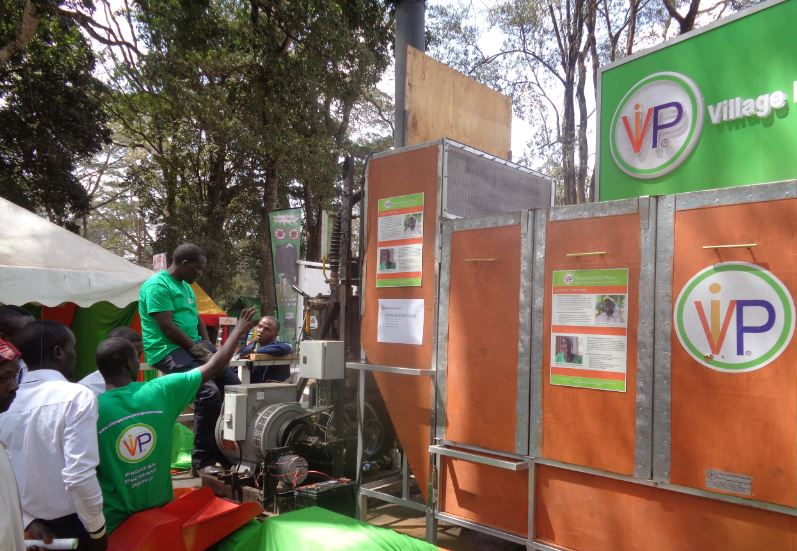
For the first time Team Canada members are ready to contest the 64th World Ploughing Championship scheduled to be held at Ngongongeri Farm in Egerton University from November 27th to December 2nd . 22 year old Jay Lennox, the reigning Canadian conventional ploughing champion and 41 year old Tom Evans, the reversible ploughing champion are aiming to win the world title.
Jay Lennox became the Ontario Junior Ploughing Champion in 2014, went on to take the national title and last year captured his county’s conventional ploughing title. In 2015 Tom Evans won the Ontario reversible champion title and last year became the Canadian Champion. Both Lennox and Evans are competing in the World Championship for the first time. Their coach is Daryl Hostrawser who has been ploughing in competition events since 1966. He has been a competitor in the World Championship three times and has coached Team Canada for the past six years.
The Canadians will arrive in Nairobi in November 18th and transfer to Egerton on the following day. They will spend time at the FMD workshop in Nakuru hooking up their ploughs and hydraulic controls to the two Massey Ferguson MF 4708 tractors which have been provided for the competition by FMD.
Several days have been set aside for Jay Lennox and Tom Evans to adapt to the climatic and soil conditions in Egerton. They will try out the Massey Ferguson tractors and their equipment for several days before participating in the official practice session from November 27th to 30th.
Over 20 countries have already confirmed participation in the event and more are expected before the entry deadline. The 2017 World Ploughing Championship is being held in Kenya for the second time after an interval of 22 years. In 1995 the Kenya round attracted entries from 40 countries.
The Kenya Ploughing Organisation (KPO) was established in 1996 under the Agricultural Society of Kenya (ASK) umbrella to organize national ploughing contests and help raise the standards of seed bed preparation. The KPO holds countrywide competitions to select participants in the National Championship to earn places for the global contest.
In 1996 Kenya was represented in the championships by Mark Iraru and Peter Oduor Obuora then Mark Kirui Rongei and Joshua Kiptim Kigen in 2015. This year Kenya will be represented again by Joshua Kiptim Kigen under Conventional Competitors and Simon Otindi Oroni under Reversible Competitors.
Write comment (0 Comments)
















